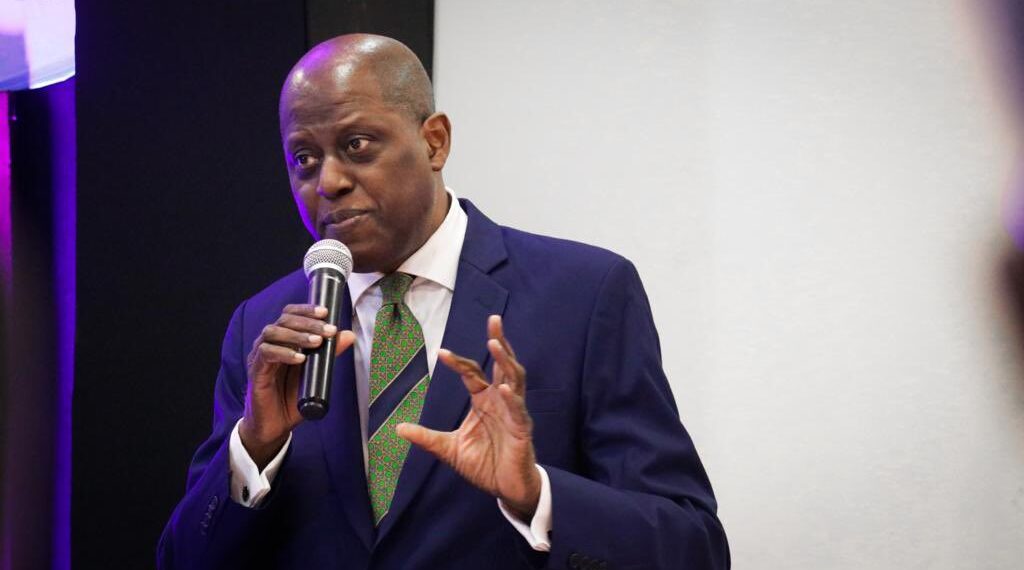Yemi Cardoso, the Governor of the Central Bank of Nigeria (CBN), has cautioned that ongoing inflationary pressures could necessitate prolonged monetary tightening, potentially hampering the nation’s growth trajectory.
In the inaugural edition of the CBN’s Macroeconomic Outlook for Nigeria, Cardoso highlighted the possibility of the apex bank maintaining its current hawkish monetary policy, characterized by elevated interest rates, should inflation continue its upward trend.
This assessment follows closely on the heels of the latest Consumer Price Index (CPI) report by the National Bureau of Statistics (NBS), revealing an uptick in inflation rates for June, marking the first month-on-month rise since February 2024.
Cardoso underscored various challenges posing risks to Nigeria’s economic outlook, including security issues, supply-side shocks, and global economic uncertainties, which could exacerbate inflationary pressures.
These factors, coupled with persistent structural imbalances, may necessitate an extended period of monetary tightening, thereby constraining growth potential.
READ ALSO: Naira trades at N1,620/$ at parallel market
Despite these challenges, Cardoso expressed cautious optimism about Nigeria’s economic resilience, pointing to anticipated improvements in domestic oil production and refining capacity, as well as expected increases in crude oil prices, which are forecasted to boost economic growth from 2.74 per cent in 2023 to 3.38 per cent in 2024.
While inflation remains elevated, Cardoso projected a moderation to 21.40 per cent within a range of 19.84 per cent to 25.35 per cent, down from 28.92 per cent in December 2023.
He attributed this anticipated decline to the transition to an inflation-targeting lite framework and a stringent monetary policy stance aimed at anchoring inflation expectations effectively
Looking ahead, Cardoso emphasized the importance of maintaining tight liquidity conditions to mitigate inflation risks, implementing reforms to strengthen the foreign exchange market, and addressing security challenges around agricultural zones and oil installations.
READ ALSO: KPMG criticizes FG’s 50% windfall tax, foresees legal disputes
He called for enhanced coordination among government policy organs to ensure policy harmonization and socio-economic synchronization, fostering prosperity and economic stability.
The forthcoming meeting of the Monetary Policy Committee (MPC) on July 22nd and 23rd, 2024, is expected to address these concerns amid expectations of another hike in the monetary policy rate (MPR) to combat rising inflation, currently at a year-on-year headline rate of 34.19 per cent.
In conclusion, Cardoso’s outlook reflects a balanced assessment of Nigeria’s economic prospects, navigating challenges while aiming for sustained growth and stability through prudent monetary measures and coordinated policy actions.

 Business1 week ago
Business1 week ago
 Football1 week ago
Football1 week ago
 Entertainment6 days ago
Entertainment6 days ago
 Entertainment3 days ago
Entertainment3 days ago
 Business1 week ago
Business1 week ago
 Latest1 week ago
Latest1 week ago
 Comments and Issues6 days ago
Comments and Issues6 days ago
 Business6 days ago
Business6 days ago

